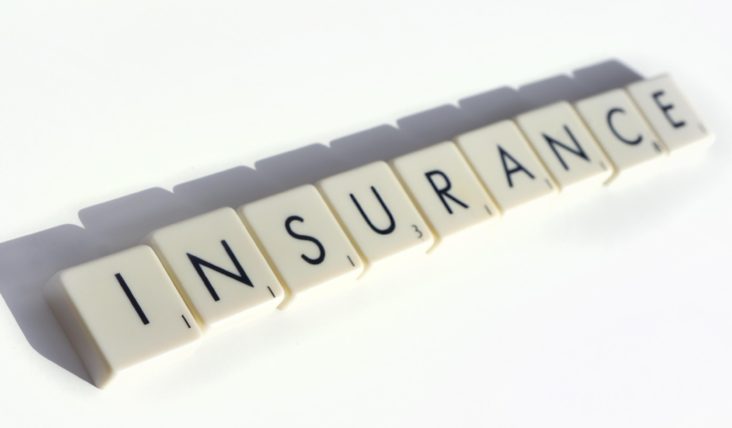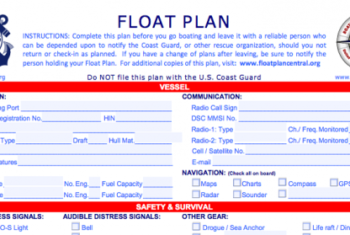
Stuff happens — fog rolls in, a jerk in a speedboat crosses your path, or there’s no water where you swore there was plenty. Suddenly your leisurely day becomes filled with stress; on top of that, you’re sweating out whether you have the right insurance to cover the damages.
While picturing this scenario, don’t just nod your head and sigh. Instead, get out your insurance policy and review your coverage before any misadventure occurs.
Protecting you and your passengers and preserving the value of your asset are vital goals. Unless your finances are limitless, a comprehensive insurance policy is an essential expense of boat ownership.
Boat lenders and boatyards and marinas require proof of insurance to make sure there are no uncovered losses to your boat or liability to a hurt passenger or a nearby boat you damaged. However, financial institutions and commercial enterprises just want to be made whole and don’t care about your losses and liability. Therefore, their requirements for insurance are just the starting points for your total coverage.
Insurance websites abound promising quick policies, but relying on cyber one-size-fits all coverage doesn’t prompt the kind of discussion you should have before deciding on coverage. The same goes for just calling up the company that provides your home or auto coverage and adding a boat policy.
It’s best to begin with a knowledgeable insurance broker or agent representing a company that specializes in boat insurance. He or she will educate you on options based on your boat’s age, condition, and value, as well as the type of boating you enjoy.
Policy choices include vessel coverage for a predetermined amount for replacement in case of a total loss or the value of your boat at the time of adversity. While boats usually depreciate less rapidly than cars, settling now for what an insurance company chart thinks your vessel is worth may turn out to be an inadequate amount to buy a comparable age vessel with your improvements and added amenities.
Different but equally important to fixing or replacing your boat is liability coverage in the event people, other boats, docks, or other things are damaged as a result of your actions or inattention. Liability coverage relieves you of financial responsibility for that harm, paying out to others, not you. Consider your own experience, boating habits, and how much risk you’re willing to assume before choosing a policy with a high or low liability deductible.
What happens if you do all the right things on the water but an uninsured boater damages your boat and causes injury to you? It happens, so price your coverage to include uninsured boater liability.
During your insurance consultation, ask about specified exclusions. Will after-market equipment installed in the boat be covered? Does your coverage extend if you boat in more than one state, international waters, or a foreign country? Is the coverage for a year (which includes storage) or just in-season? Also, as applicable, show the broker your marina or boatyard contract and the coverage requirements set by a boat lender and confirm all contingencies and requirements are met.
Once you have all the information you need, then it’s time to shop around. You may return to the initial broker or agent who you’d feel comfortable leading you through any future claim, or end up buying via another financially stable company with an emphasis on boat coverage that rates high in prompt payment of claims and excellent customer service.



